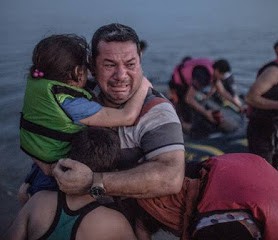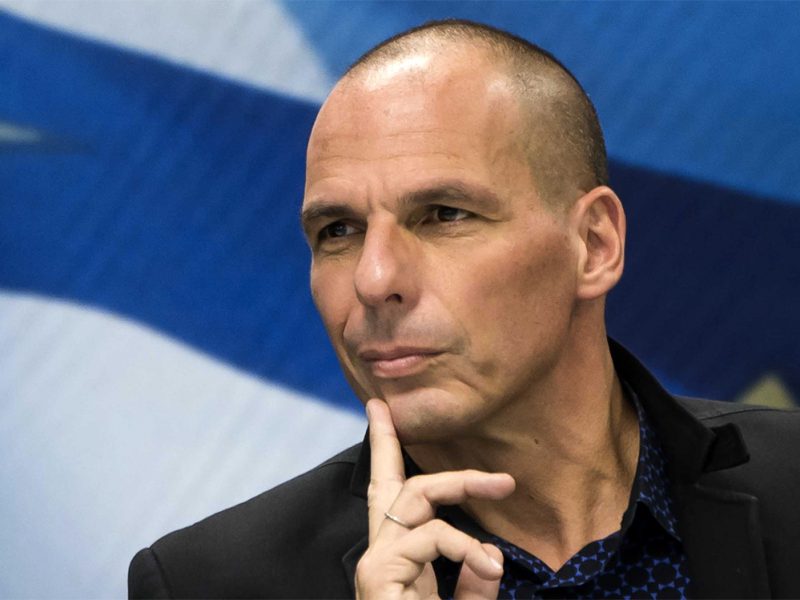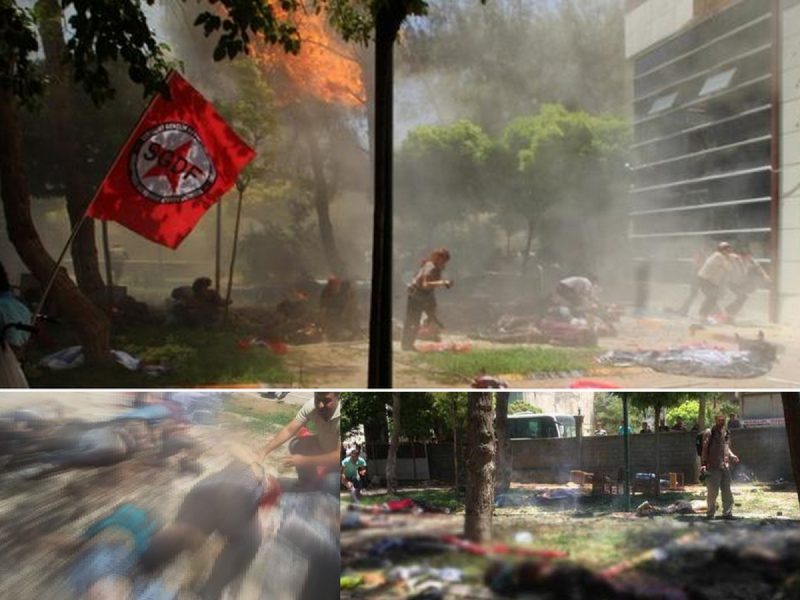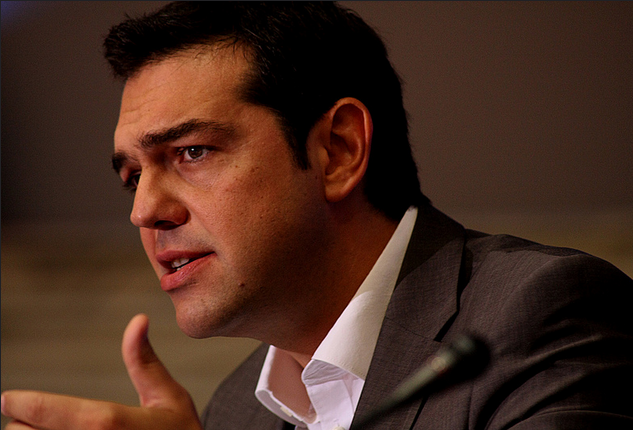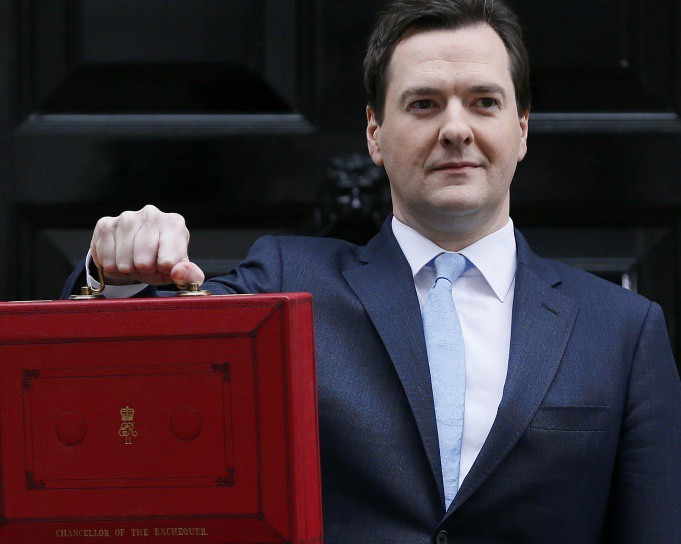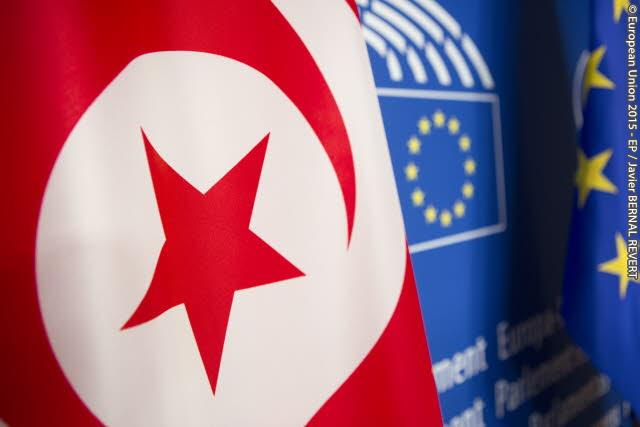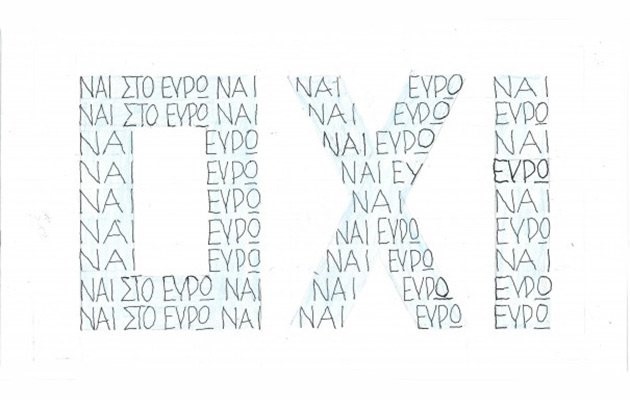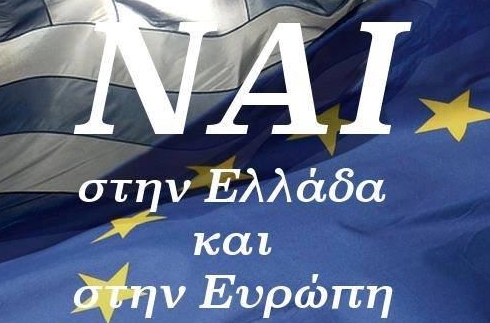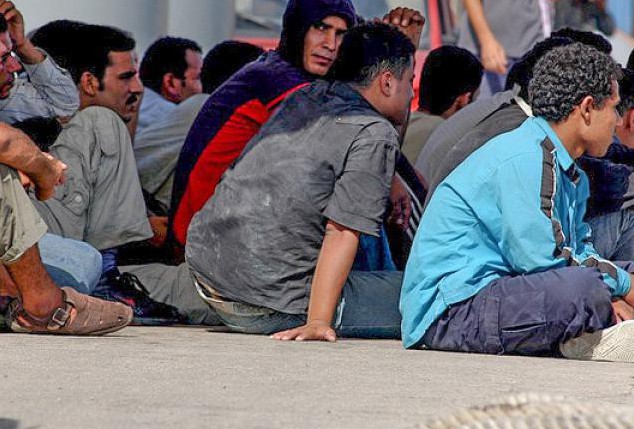Europe’s migrant crisis: in need of an immediate and united response
![]()
By Christos Mouzeviris
For the past few weeks we have witnessed an unprecedented humanitarian crisis overwhelming Europe. Thousands of refugees are arriving wave upon wave on European shores in the Mediterranean. People fleeing from war torn regions, mainly from the Middle East, are trying to find shelter in rich European nations. For these migrants, it is either flee or die. Their sheer numbers are challenging our continent’s ability to respond, plus it poses a hot topic for a debate.

